
Read or listen offline
Amazon Kindle
audio autogenerado
1×
Ingrese para escuchar el resumen en audio.
audio autogenerado
Recommendation
Generally, the development of a country’s financial system is a positive that helps grow its economy, promote savings and improve fiscal flexibility. But as the 2008 financial crisis illustrated, unfettered growth and lack of supervision can have negative consequences with global impacts. This erudite report from economists and researchers at the International Monetary Fund points out that the costs of financial development for emerging markets might outweigh its benefits. getAbstract recommends this astute analysis to economists, investors and financial professionals.
Summary
About the Authors
Ratna Sahay et al. are economists and researchers at the International Monetary Fund.









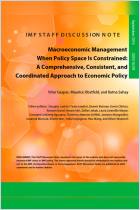
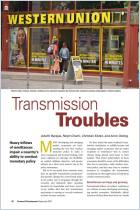
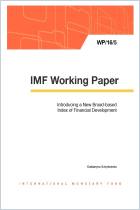

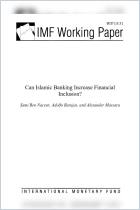
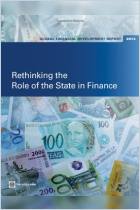
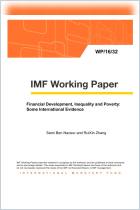
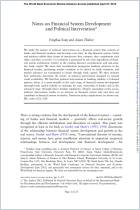
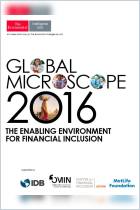
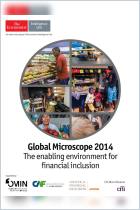
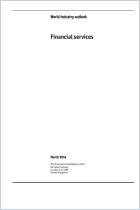







Comment on this summary